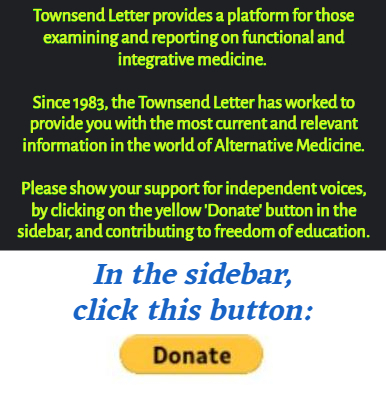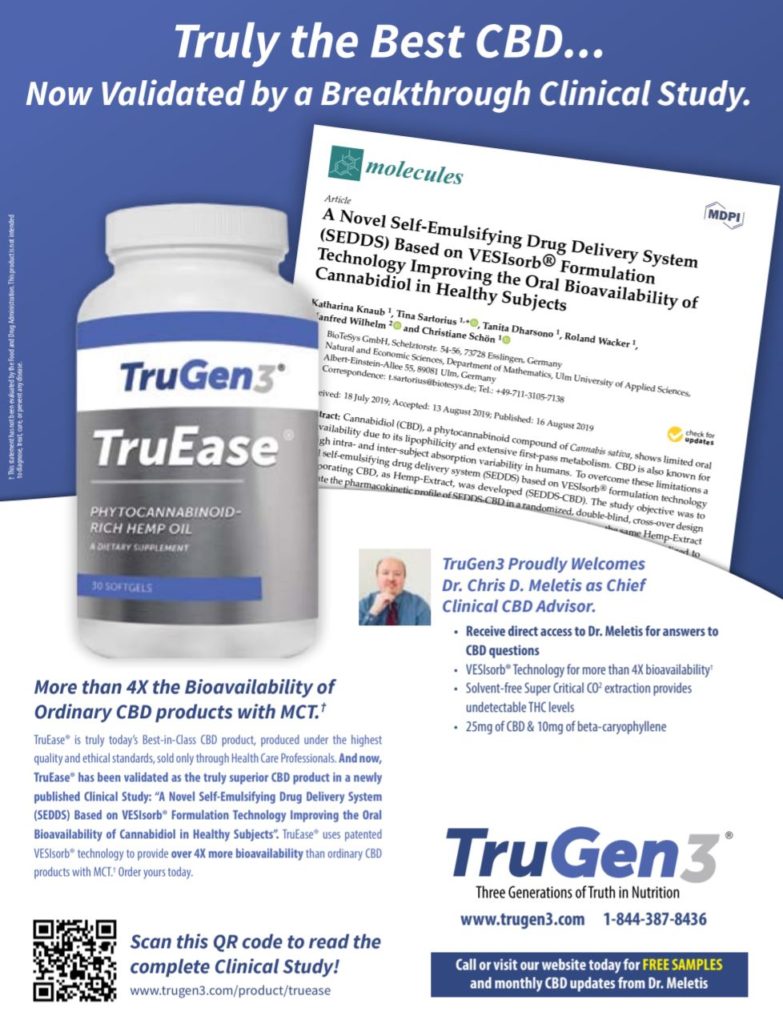What the Research Shows
Millar and Lucy’s claims, as unusual as they may seem, are supported by research. The body of scientific evidence regarding vitamin C’s efficacy in dampening opioid addiction is compelling—though somewhat patchy.

Much of the peer-reviewed data comes from animal studies, which may or may not translate into outcomes in humans. Nevertheless, the findings are consistent: Vitamin C supplementation makes animals take fewer “hits” of morphine and clearly mitigates opioid tolerance and dependency.9-12 The vitamin has also been shown to reduce the number of opioid binding sites in the brains of guinea pigs.
Whereas most mammals synthesize vitamin C within their bodies, humans and other primates, bats, and guinea pigs are the exceptions to this rule. Vitamin C is thus an essential nutrient in humans—meaning we must take it in through the diet and/or supplements to ensure proper health, whether or not we suffer from substance use disorder.13
High doses of oral vitamin C have eased the symptoms of opiate withdrawal in at least a couple of human studies. A 2000 study by Evangelou et al.14 for example, found that supplementation with vitamins C and E reduced opioid withdrawal symptoms in 57% of patients—compared to just 7% of those in the placebo group. Another study by Newmeyer et al.15 found that just 1 to 3 grams of buffered vitamin C taken daily offset withdrawal symptoms for those in active detox as well as for those who had recently finished detoxing. The case reports of Schauss, Libby, and Stone (explained below) also support the case for using high dose vitamin C to abort opioid withdrawal symptoms.
I sent some of these studies over to Wesley Ryan, MD, a physician board-certified in both general and addiction psychiatry. “At first I thought it was probably ridiculous,” Ryan admits, “but after skimming the studies, it seems like there’s some real effect there.”
Erick Turner, MD, a psychiatrist with Oregon Health and Science University, however, is not so easily convinced. “On the face of it, it doesn’t seem biologically plausible,” Turner writes to me in an email. “How/why would vitamin C affect opioid receptors? Even if there were some plausible sounding mechanism, that’s no substitute for rigorous data.”
There’s no way around it: there aren’t many—or even any—double blind, placebo-controlled clinical trials published in peer-reviewed medical journals assessing vitamin C’s potential anti-addictive effect in humans.
There are, however, a number of studies and monographs in the literature postulating the mechanisms by which vitamin C may curb addiction. Many of these focus on vitamin C’s antioxidant properties.
Free radicals—and the subsequent oxidative stress they cause – have been implicated in a number of mental illnesses, including opioid addiction. Antioxidants like vitamin C, however, have been shown to prevent that damage, thus easing the symptoms of opioid withdrawal and supporting mental health.16-18
Vitamin C’s anti-inflammatory properties19 may further protect the brain and nervous system against injury and stress.20 The concentration of vitamin C (ascorbic acid) in the cerebrospinal fluid (CSF) that bathes the brain and spinal cord is two to four times higher than in the blood plasma.21
We now know that substance use disorders are incited and perpetuated at least in part by a dysfunctional response to stress.22 Vitamin C may help, as it is essential for healthy recovery after stress exposure, helping bring the body back to homeostasis after the cortisol rush that accompanies stress and pain.23,24
The vitamin also has merit as a treatment for depression and anxiety. This could be because vitamin C supports the production of the feel-good neurotransmitters serotonin and dopamine.25 (Dopamine is a particularly important chemical when it comes to addiction: We get addicted not merely to a substance itself, but to the dopamine hit that rewards us when we satisfy a craving.26 The vitamin has also been shown to protect the brain in neurodegenerative disorders like Alzheimer’s and Parkinson’s diseases.27
Vitamin C may also reduce opioid dependency by mitigating pain. Human studies have shown that giving vitamin C—in as low of a dose as 2 grams by mouth one hour before surgery—reduces the need for opioid analgesics post-op.28-30 Vitamin C also has positive effects on collagen synthesis and wound healing, making it of further value in surgical settings.31
Vitamin C interacts positively with harder-hitting pain medications like morphine, yielding additive pain-relieving effects and thus allowing for lower doses of narcotics (in mice).32 Considering that 75% of heroin users in treatment state that their opioid addiction began with a legal prescription33 and that those undergoing even minor surgery (including outpatient and elective procedures) are at increased risk of persistent opioid use,34 the potential positive impact of vitamin C is immense.
In addition, vitamin C supports the immune system and reduces the risk of infections.35,36 It has also been shown to shorten the duration of ICU stays and the need for ventilation,37 and is thus being investigated as a potential treatment for the serious complications of COVID-19. Considering that those with opioid addiction are at high risk for poor COVID-19 outcomes, vitamin C may serve a dual purpose for this population.38
These effects could be why Lucy tells me: “Vitamin C has saved me from a lot of pain and misery. I feel a lot better, a lot healthier in general.”
High Doses in Harlem: Alexander Schauss, PhD
While Millar supports clients in slowly and gradually tapering down their opioid use, Alexander Schauss, PhD, advocates for a bolder approach: taking mega-doses of vitamin C and quitting cold turkey.
Intrigued by a paper by Becket and Casey arguing that vitamin C occupies opioid receptor sites in the brain,39 Schauss conducted a study through the City University of New York in 1969. He instructed 20 study participants—all of whom were addicted to heroin and had unsuccessfully attempted cold turkey withdrawals prior to enrolling—to drink a mixture of diluted fruit juice and powdered sodium ascorbate throughout the day, for several days. Schauss reports that the cocktail aborted the signs and symptoms of opioid withdrawal in 100% of the participants.40 (The full details of Schauss’ dosing regimen, which includes dosages of 1 to 7.5 grams of sodium ascorbate taken every two hours, can be found in his 2012 paper in the Journal of Orthomolecular Medicine.)
Schauss tells me that his work caught the attention of two-time Nobel Laureate Linus Pauling, PhD, who developed a similar vitamin C protocol, to which he added niacin.
Schauss tells me that some participants in his study started using heroin again after discontinuing the vitamin C supplementation. “There were all these fights on the street about the heroin being fake and not working,” he explains, “but the reason it wasn’t working was because these people were saturated in vitamin C, which was blocking the effects of the heroin.”
His observations were echoed in the later work of Drs. Alfred F. Libby and Irwin Stone.41 who, in their 1977 pilot study, supplemented heroin-addicted individuals with a whopping 25 to 85 grams of sodium ascorbate daily along with other nutrients in divided doses. (For comparison, most vitamin C supplements contain 0.5 gram per dose.) They report that 30 out of 30 (100%) of their patients were successfully treated with this regimen.





